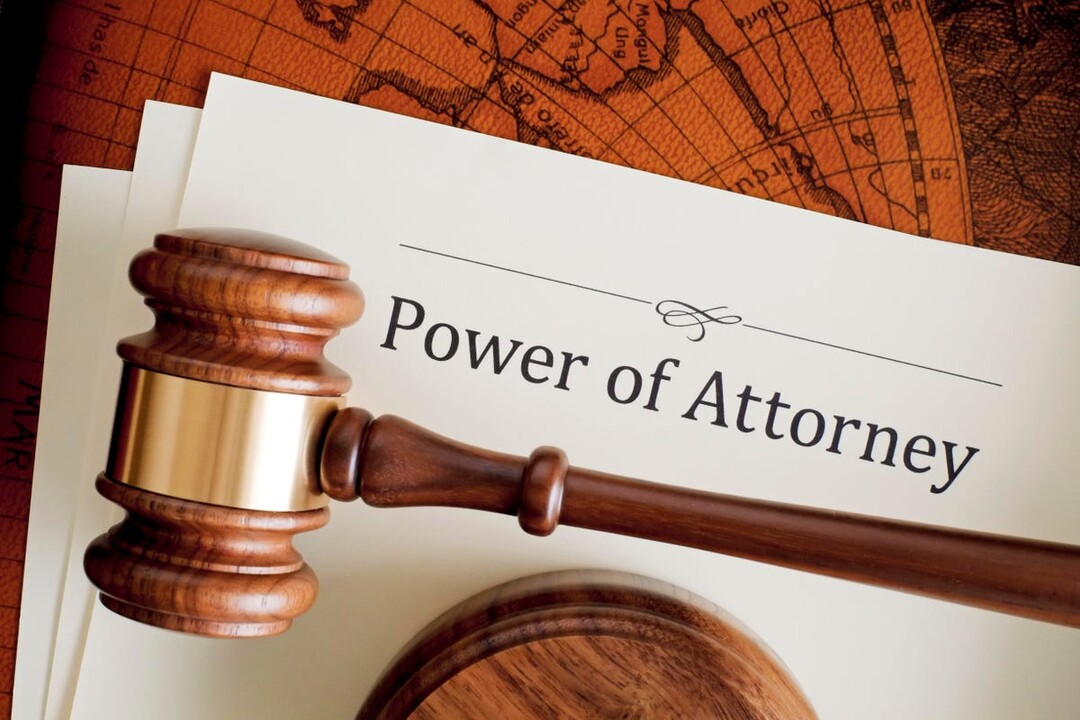
Do you need some legal assistance? It doesn’t matter why you need them, finding one can be hard. However, if you implement the advice given in this article, you are sure to hire a trustworthy lawyer without spending too much money. Continue reading to learn how.
Arm yourself with a lengthy list of questions to ask prospective lawyers. When you’re in your initial consultation, a lawyer should be able to answer all your questions, whether they’re big or small. They need to make you feel comfortable. If not, this is not the right attorney for you and you should walk away.
If you need a lawyer, you should choose one you can easily communicate with. Be certain your lawyer has all necessary documentation to meet required deadlines on your case. This can significantly help the chances of your case.
Having a lawyer who is wrapped up in tons of other cases can cause your case to not get the attention it deserves. To make sure your attorney has time to properly handle your case ask them up front. Most lawyers will be honest if they can’t take your case, so if that happens, just look for someone else.
There are several online services that will help you find a good lawyer, however don’t assume this is the only research you need to do. No matter how you come across your lawyer, you must take the time to research each lawyer you’re interested in, prior to hiring them.
Finding an attorney that you get along with makes the process easier. No matter how much experience and expertise the lawyer has, you’re not going to work well together if you don’t hit it off in your first few sessions together. Find a lawyer you get along with well so things go smoothly.
Stay away from lawyers who seem overly confident about their ability to win your case in no time. If your lawyer says this, then you need a different lawyer. The law is always tricky, and you need a lawyer who is going to consider all facets and look for any issues. It is important that you make a wise choice.
Do some research before taking care of the Worker’s Compensation paperwork. All the states vary with their paperwork and filing deadlines. For instance, Worker’s Compensation shouldn’t be approached like other claims. It has different rules that must be followed.
A useful tip to remember if you have doubts is that you can always get another opinion. It can be quite costly to leave one lawyer for another, so that may not be a good solution. Another opinion is smart before you make new decisions.
Ask the attorney about his education. While this information should not be your only consideration, it is likely important. If your lawyer went to a good school, the coursework was probably challenging. This means the lawyer knows how to work hard. A great lawyer may graduate from a school that is mediocre, but this information should play into your decision about which attorney to hire.
It doesn’t matter why you require lawyer, just that you know how it’s done. Make use of the excellent suggestions provided to you above, and your lawyer search is certain to be much less stressful. You need the best help you can, so that your case doesn’t go down the tubes.…






